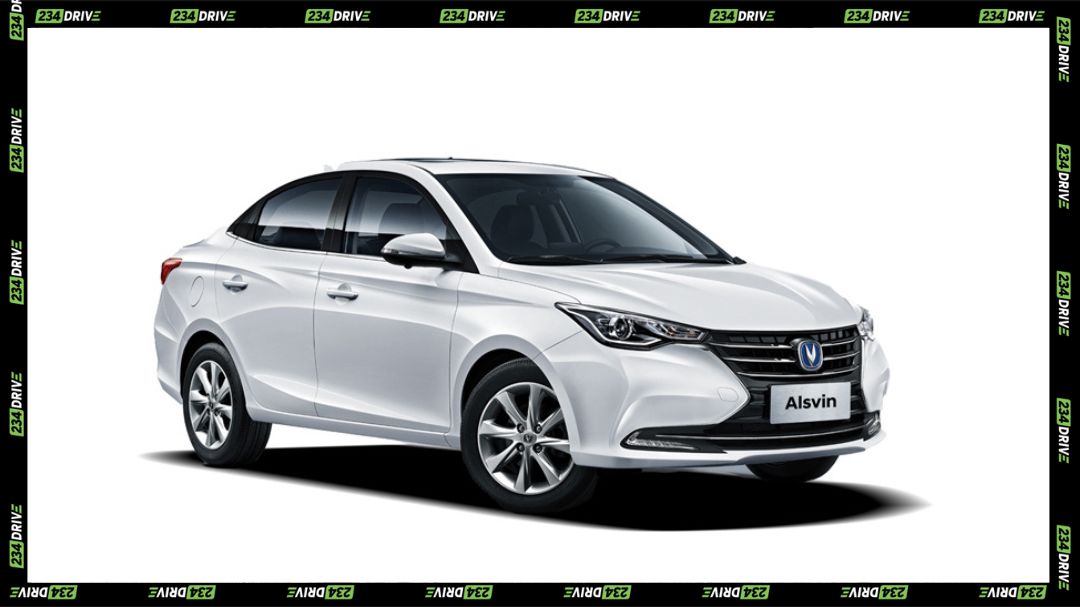Wheel alignment might sound like just another routine check, but in Nigeria, it is one of the most critical services you can do for your car. With pothole-filled roads, rough terrain, and unpredictable weather, alignment is no longer optional, it’s a necessity. Proper alignment saves you money, extends tyre life, and most importantly, keeps you safe on the road.

If you’ve ever felt your car pulling to one side, your steering wheel vibrating, or noticed your tyres wearing out unevenly, chances are your wheels are out of alignment. Left unchecked, this can quickly spiral into bigger problems with fuel efficiency, suspension damage, and costly repairs. For Nigerian drivers in 2025, alignment is not just about smoother driving—it’s about protecting your investment.
What Wheel Alignment Means
Wheel alignment is the process of adjusting your car’s suspension so that the wheels sit at precise angles. These adjustments ensure your tyres make proper contact with the road, allowing the car to handle correctly. The three major angles include:
- Camber: The inward or outward tilt of the wheels.
- Toe: The direction tyres point compared to straight ahead.
- Caster: The tilt of the steering axis that affects balance and stability.
Getting these angles right means better handling, even tyre wear, and improved fuel economy—all vital for Nigerian driving conditions.
Why Nigerian Roads Demand Frequent Alignment
Our roads are some of the toughest on vehicles. Each pothole, speed bump, and uneven surface chips away at your alignment. Over time, this leads to steering problems, uneven tyre wear, and higher fuel consumption. Considering a single tyre can cost upwards of ₦65,000 in 2025, ignoring alignment is a false economy.

- Tyre Longevity: Misalignment drastically reduces tyre life.
- Handling and Safety: On major highways like the Third Mainland Bridge, a car drifting to one side can be a serious hazard.
- Fuel Efficiency: Misaligned wheels increase drag, forcing the engine to burn more fuel.
- Suspension Protection: Shocks, struts, and ball joints wear faster when alignment is ignored.
When to Check Your Alignment
For Nigerian drivers, annual checks won’t cut it. You should have your wheels aligned:
- Every 10,000 km or every six months.
- Immediately after hitting a pothole or rough patch.
- After replacing tyres.
- If you notice symptoms like drifting, vibrations, or uneven tyre wear.
Drivers in cities like Lagos, Abuja, and Port Harcourt, where roads are particularly punishing, may need checks even more frequently.
Cost of Wheel Alignment in Nigeria
As of August 2025, the average costs are:
- Standard balancing and alignment: around ₦8,000 for four tyres.
- Runflat tyre balancing and alignment: about ₦12,000 for four tyres.
- Bulletproof vehicle balancing and alignment: up to ₦18,000.

Costs vary slightly outside Lagos, but the differences are not significant. Always ask if the service provider uses computerised alignment systems. Workshops like WonderWheels in Ikeja use laser-guided machines that deliver precise adjustments.
Alignment vs Balancing
Many confuse alignment with balancing, but they are not the same:
- Wheel Alignment: Corrects suspension angles so wheels meet the road properly.
- Wheel Balancing: Ensures tyres rotate smoothly without wobbling.
Both are essential. Alignment prevents uneven wear, while balancing stops vibrations at high speeds.
Types of Alignment
Depending on your car type:
- Front-End Alignment: Typically for sedans with solid rear axles.
- Four-Wheel Alignment: For SUVs or cars with independent rear suspension.
SUVs common in Nigeria, like the Toyota Highlander, Prado, and Honda CR-V, usually require four-wheel alignment.
Conclusion
Wheel alignment is more than routine maintenance—it’s a safeguard for your tyres, suspension, and fuel budget. In a country where one pothole can undo months of careful driving, regular alignment checks are a smart and necessary habit. Spending ₦8,000 today could save you ₦100,000 or more in premature tyre and suspension replacements.
So ask yourself: will you wait until your car starts drifting and your tyres wear unevenly, or will you get ahead of the problem? In Nigeria’s driving conditions, the answer could mean the difference between safe, efficient driving and costly repairs.









